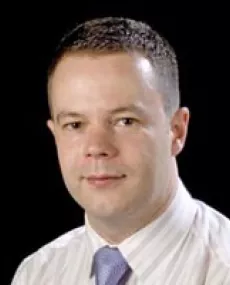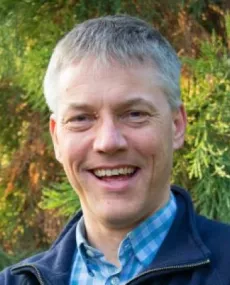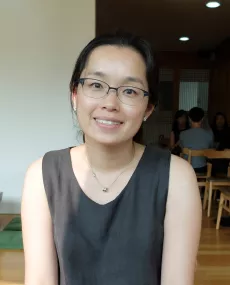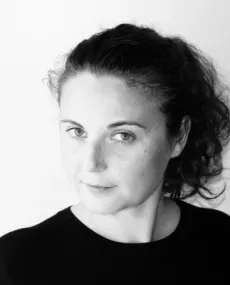Natural Sciences
Course Overview
Scientists are admitted to read NST, rather than a specific subject; most courses are three years long, and there are optional 4th years for some subjects, further details can be found in the University Prospectus and the Cambridge Natural Sciences Tripos website.
For the individual student, the overriding advantage of the Natural Sciences Tripos at Cambridge is its flexibility, and the way it enables you to tailor your course to your talents and developing interests. The personality and interests of a good synthetic organic chemist is different from that of a theoretical physicist, or an experimental psychologist. A large proportion of our students change direction within the framework of the NST once they are in Cambridge. Usually the change is fairly subtle, often reflecting the availability of new subjects not taught at school. For example, a student whose favourite school subject is physics may become a theoretical physicist if mathematically orientated, but could also develop into a materials scientist, an electrical engineer or a computer scientist. However, some students become fired with enthusiasm for a new subject, and make quite dramatic changes in direction, for example from the physical to the biological end of the spectrum. Find out more about the course here.
The Benefits of Natural Sciences at Fitzwilliam College
The Natural Sciences (Physical) course is the largest subject group at Fitz, and we have over 10 Fellows and associated teaching staff covering the full range of subjects, from Physics and Chemistry through to newer subjects like Materials Science and Earth Sciences. They host regular social events through the Natural Sciences Society and provide a friendly and supportive learning environment.
The Natural Sciences (Biological) course at Fitz provides a dynamic and diverse undergraduate experience. Fitz students work closely with Fellows of the College whose research interests include Plant Sciences, Neuroscience and Zoology. Students also have the advantage that their Directors of Studies are Fellows of the College and actively involved in teaching. Our library is the best-stocked in Cambridge, and in addition we promote the teaching of transferable skills to all undergraduates.
Facts and Figures
Average intake each year: 12-14 for Biological, 16-17 for Physical
Typical A Level offer: A*A*A
Typical IB offer: 41 – 42 points with 776 at Higher Level
We may modify offers to take account of individual circumstances.
Essential subjects: A Level/IB Higher Level Mathematics and at least two science/ mathematics subjects at A Level or IB Higher Level. Physics is required for Physical Natural Sciences.
Please note, ‘science/mathematics subjects’ refers to Biology, Chemistry, Physics, Mathematics and Further Mathematics. If you’re studying a science not listed above as your third subject, please contact us for advice.
Application Process
Applicants are required to sit the Engineering and Science Admissions Test (ESAT), prior to being invited for interview.
Applicants can normally expect at least two interviews of around 20 minutes.
Director of Studies
Professor James Elliott
Professor Andy Jardine
Professor David Coomes
Dr Jeongmin Choi
Dr Aaron D’Sa
Dr Elisa Galliano

Professor James Elliott

Professor Andrew Jardine

Professor David Coomes

Professor Jeongmin Choi

Dr Aaron D'Sa

Dr Elisa Galliano

